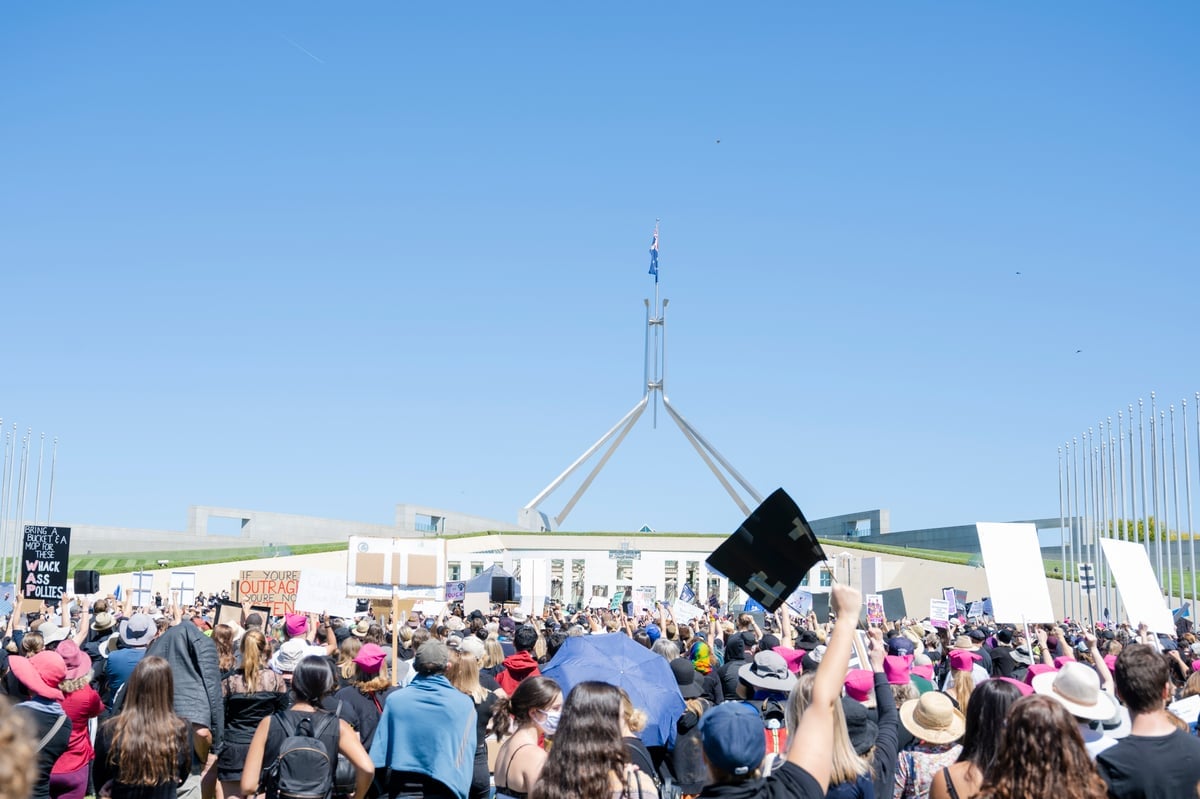
This week, the NSW government announced its commitment to outlawing the historically overlooked form of intimate abuse known as coercive control following a recent inquiry.
The news has been welcomed, especially considering the horrific and heartbreaking stories that have circulated not only in 2021, but the many personal accounts from years before.
There has also been confusion, with some unsure how exactly the government aims to criminalise coercive control.
Here is everything we know about the proposed commitment.
Watch: Habits of highly destructive people. Coercive control. Post continues below.
What exactly is coercive control?
Community awareness of coercive control has increased in recent years, and is now more widely seen as both a form of abuse and a red flag in a relationship.
Coercive control is a pattern of abuse designed to dominate, oppress and trap another individual.
Though it can come hand-in-hand with physical violence, it typically involves more insidious and manipulative tactics like social isolation, intimidation, humiliation and degradation, monitoring movements and communication with others, controlling finances, and so on.

